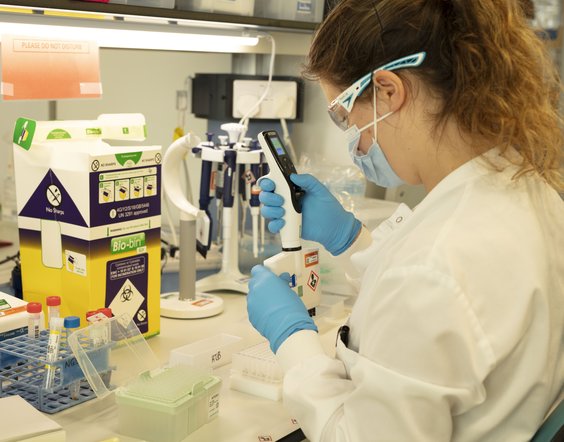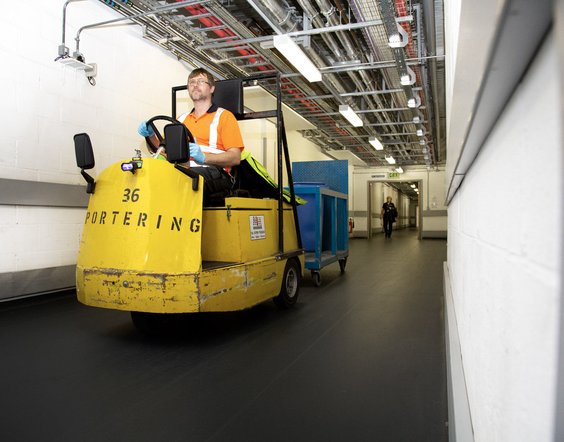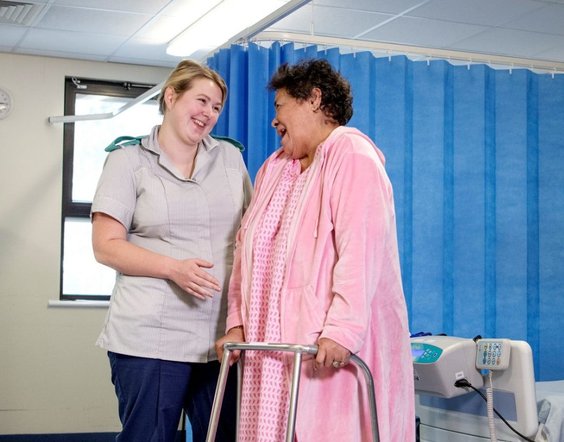Welcoming applications from overseas and the EEA.
In the past ten years CUH has welcomed over 900 nurses from overseas.
CUH is proud to recruit nurses internationally and has been travelling all around the world for approximately 10 years to meet passionate, caring nurses who are willing to make the life changing decision to move to the UK. We have a dedicated team of staff working directly with these nurses, from greeting them on arrival to the hospital, to orientating them on what life will be like living in the UK, to supporting them through the NMC (Nursing and Midwifery Council) process to gain their registration. Senior nurses from CUH have attended many recruitment campaigns in countries such as the Philippines, India and Dubai.
As a Trust we have evolved and continued to develop our recruitment processes to ensure we are following the NMC Guidelines as they have reformed. International nurses can apply to be on the NMC register, providing they meet its standards. The NMC will compare the training in the nurses home country with that required in the UK.
We strive to ensure that our new arrivals feel welcomed to the UK and to CUH. We currently offer financial support for their first month’s rent as well as providing onsite accommodation for up to three months. We also provide a welcome pack with bedding, crockery and cutlery to help you settle in your first few weeks.
For more information about working with CUH from overseas, please contact the CUH Careers Team on 01223 217038
NHS Pastoral Care Quality Award
Cambridge University Hospitals NHS Foundation Trust has been awarded the NHS Pastoral Care Quality Award.
This has been awarded to recognise CUH’s work in international recruitment and our commitment to providing high-quality pastoral care to internationally educated nurses and midwives during recruitment processes and their employment.
















